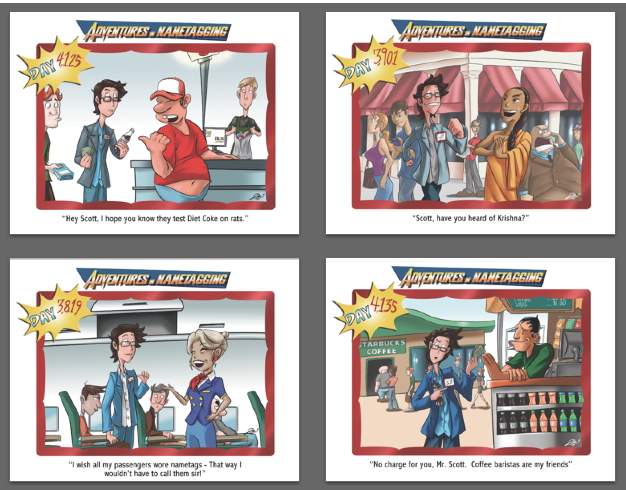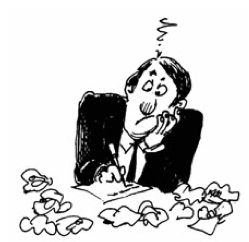
For a long time, I insulated myself from stuckness.
I executed, day in and day out, without the slightest hint
of resistance, without the mere possibility of shooting blanks. I was on a
never ending creative tear, rarely coming up for air, rarely questioning whether
the volume of work was dangerously high.
And it paid off. I impressed people, made good money and
built an artistic identity predicated on unmanageable productivity.
But eventually, I hit a point of diminishing returns. Even though
I was pumping out piles of work, much of which was great stuff, I was still skimming
off the top instead of mining from the bottom. It was execution without elevation.
I was terminally productive. Borderline inhuman. The work was
too easy and the art came too quickly, because I wasn’t operating close enough
to my edge. And the art wasn’t as strong as it could have been.
Until this past year, when I began experiencing more moments
of stuckness, more battles with resistance, than ever before. Almost on a
weekly basis, I found myself facing a blank page with nothing to say, and no
desire to say it. I found myself not wanting to get out of bed to go face the
world. And since my identity was so wrapped up in that never happening to me, the
stuckness shredded me to ribbons.
Anxiety attacks, rampant cynicism, thoughts about quitting,
even full on waves of depression, I hated it and I hated myself.
And it was the best thing that ever happened to me.
Turns out, getting stuck is a beautiful, healthy and
necessary part of the creative process.
First, it’s an
indication of accuracy. It means we’re on the right track. Resistance,
after all, is most ferocious when we’re doing work that’s most vital to our
soul’s evolution. If we never feel it, something’s wrong.
Second, it’s an
indication of progress. When we treat our stuckness as a gateway to deeper,
bloodier layers of creative expression, the ones we never could have reached
when everything was gravy, our work becomes truer and better than ever before.
Third, it’s an
indication of humanity. We can only scrub our lives clean of heartbreak for
so long. Eventually, we’ve got to do some time. Every princess gets locked in a
tower for a little while. And when it happens, gratitude is the only response.
Now that I know these things, I can’t wait to get stuck
again. It means I’m finally making progress.
And those moments of total numbness, when I seem to have
lost my excitement for the world, I remember that the heaviest burden is having
nothing to carry.
And I give thanks.
It’s about time nothing happened.
LET ME ASK YA THIS…
Are you afraid to get stuck?
LET ME SUGGEST THIS…
For the list called, “27 Ways to Out the Competitors,” send an email to me, and you win the list for free!
* * * *
Scott Ginsberg
That Guy with the Nametag
Writing, Publishing, Performing, Consulting
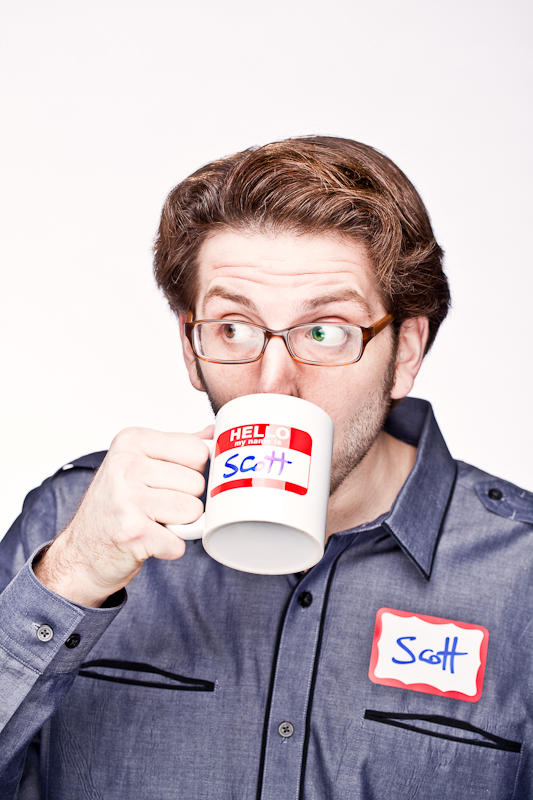 Do you need an expert who tells you what to do, or a mentor who lets you tell yourself what to do?
Do you need an expert who tells you what to do, or a mentor who lets you tell yourself what to do?
“After investing in your mentoring program, I’ve become centered on
who I am and what I have to offer. Now, I am attracting clients I want
to work with. Life is great and I just wanted to thank you from the
bottom of my heart.” —-Melanie Jatsek, Diet Busters
Rent Scott’s Brain today for 2 hours, 30 days or 3 months!

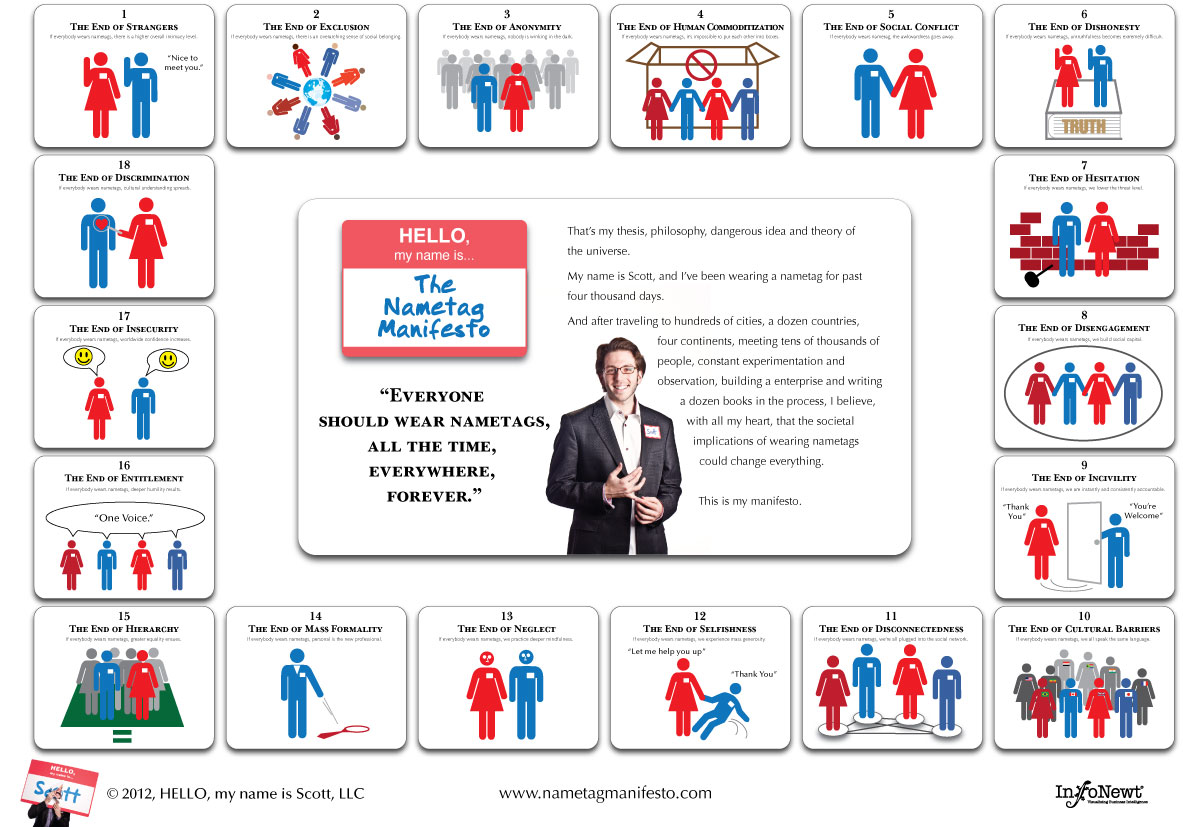
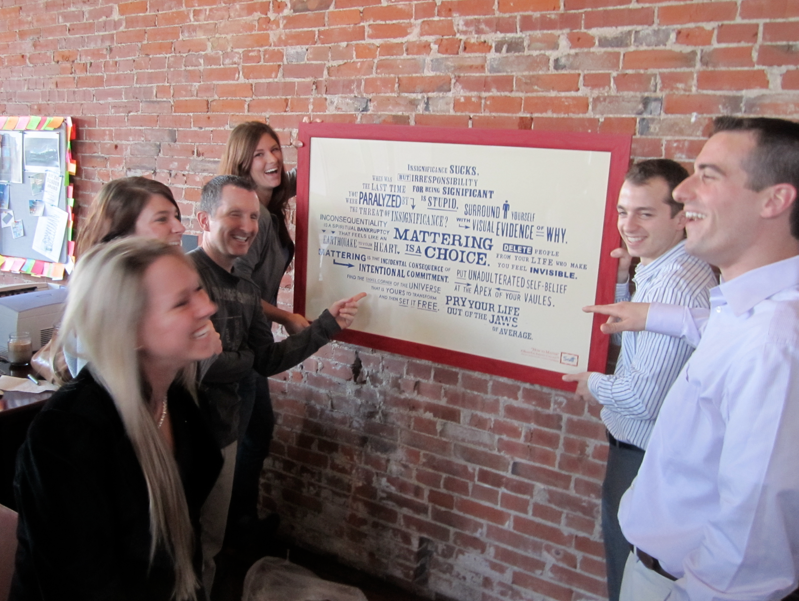 My job is to help companies make their mission more than a statement, using limited edition social artifacts.
My job is to help companies make their mission more than a statement, using limited edition social artifacts.
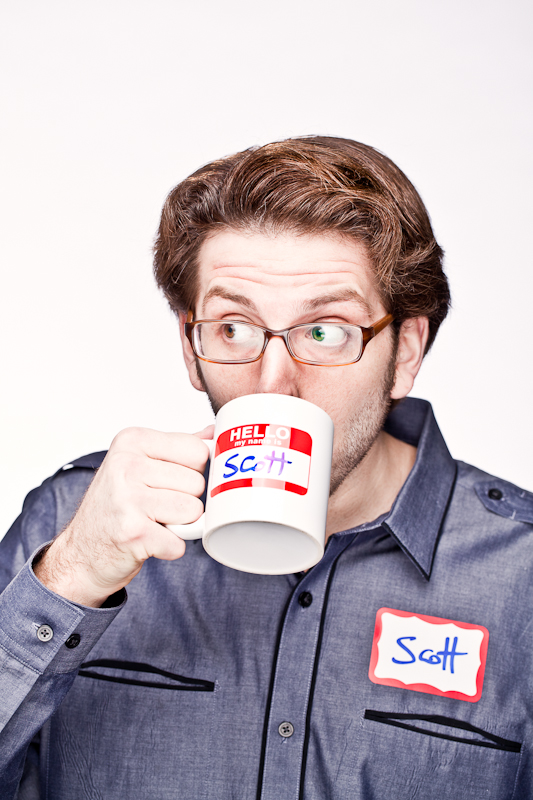 Do you need an expert who tells you what to do, or a mentor who lets you tell yourself what to do?
Do you need an expert who tells you what to do, or a mentor who lets you tell yourself what to do? Entrepreneurs relish the romantic notion of having no boundaries,
Entrepreneurs relish the romantic notion of having no boundaries, Scott has written and published over 1,000,000 words.
Scott has written and published over 1,000,000 words. Too often, mediocrity rises to the top.
Too often, mediocrity rises to the top.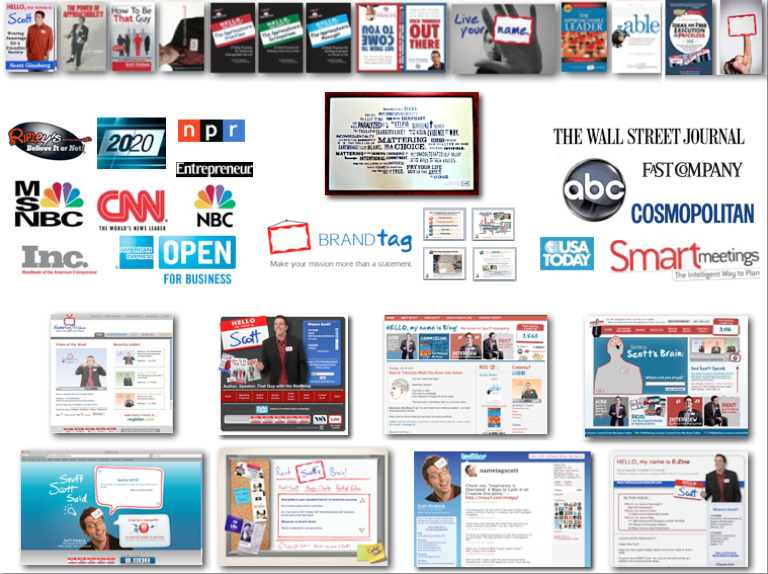 Yes, I do more than just wear a nametag all day.
Yes, I do more than just wear a nametag all day. In baseball, just over a hundred players hit a homerun on their first at bat.
In baseball, just over a hundred players hit a homerun on their first at bat.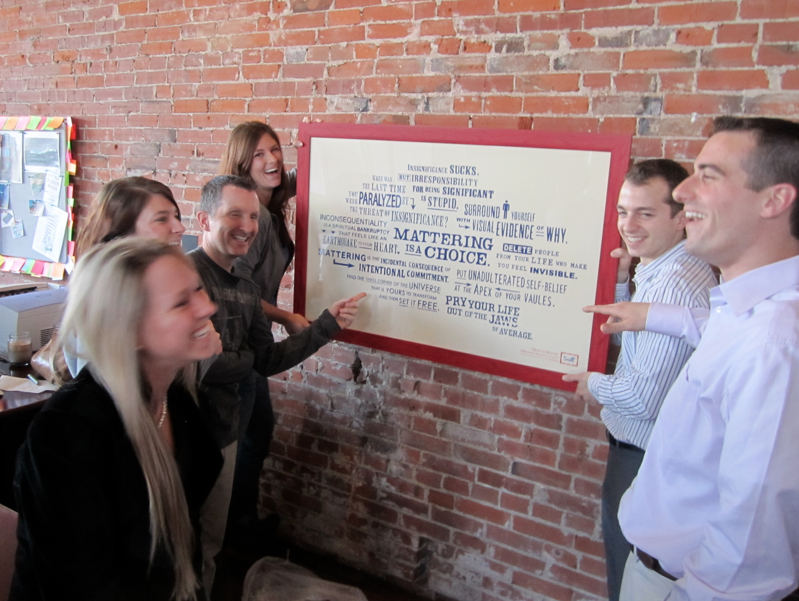 My job is to help companies make their mission more than a statement, using limited edition social artifacts.
My job is to help companies make their mission more than a statement, using limited edition social artifacts.
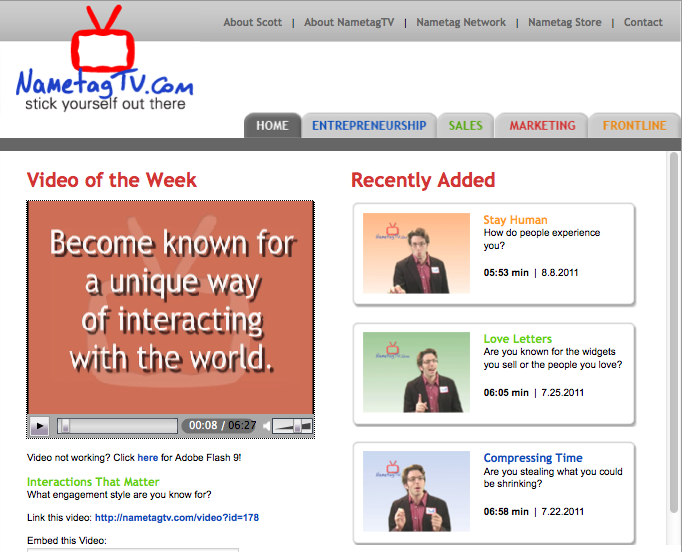 How boring is your company’s online training?
How boring is your company’s online training?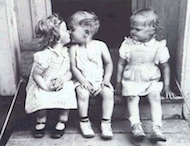
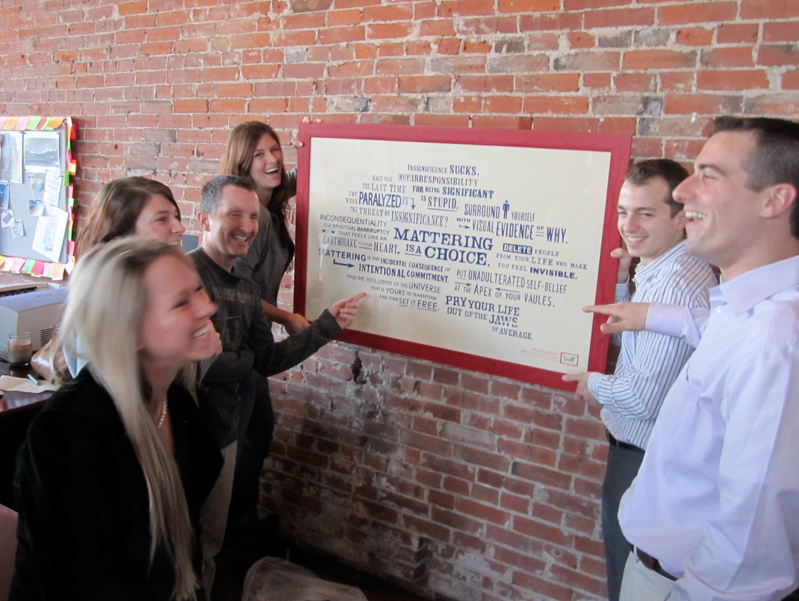 My job is to help companies make their mission more than a statement, using limited edition social artifacts.
My job is to help companies make their mission more than a statement, using limited edition social artifacts.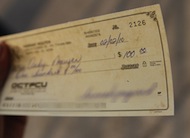 The hard part about hiring yourself is, every paycheck is
The hard part about hiring yourself is, every paycheck is Scott has written and published over 1,000,000 words.
Scott has written and published over 1,000,000 words. The hard part about working alone is the lack of
The hard part about working alone is the lack of